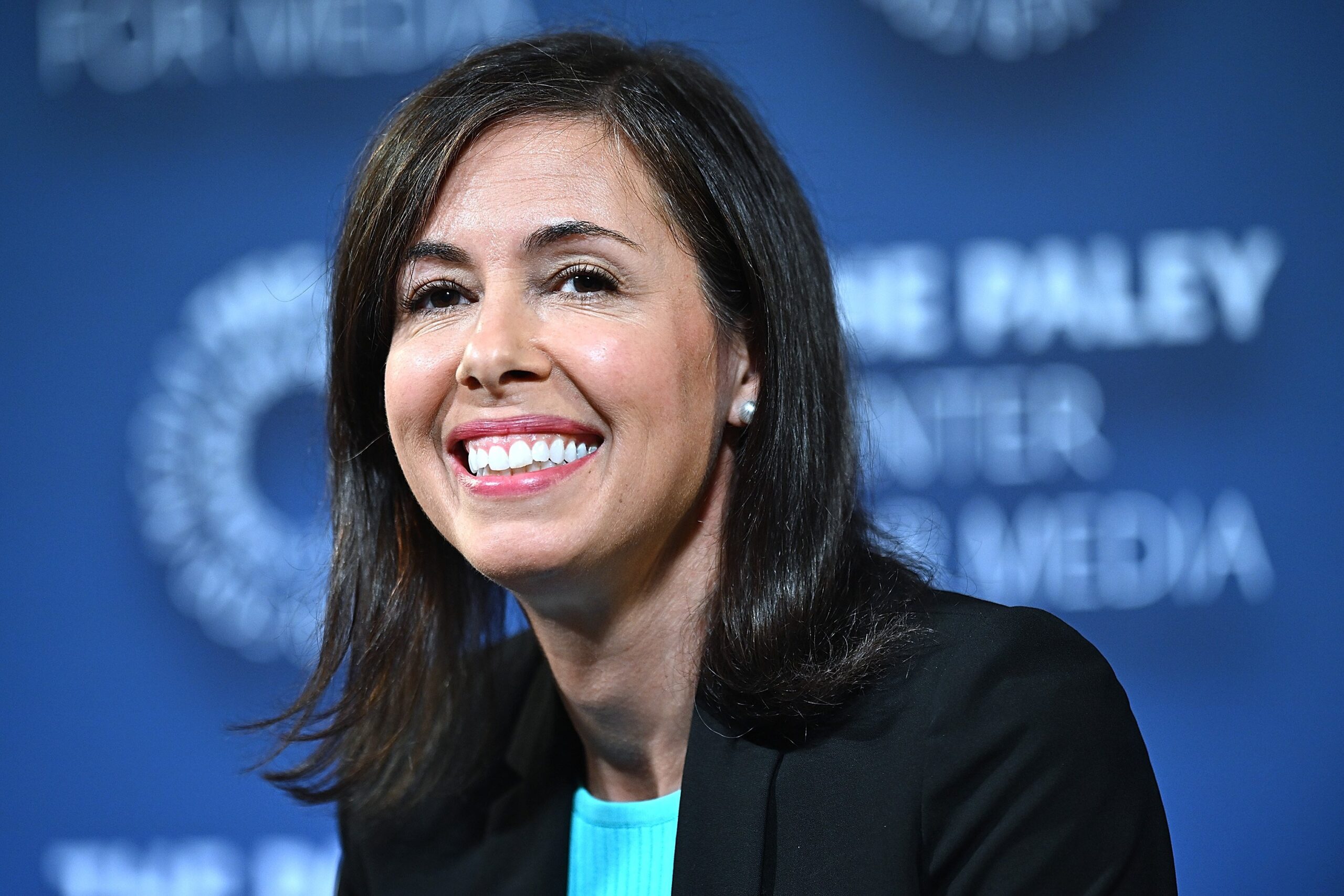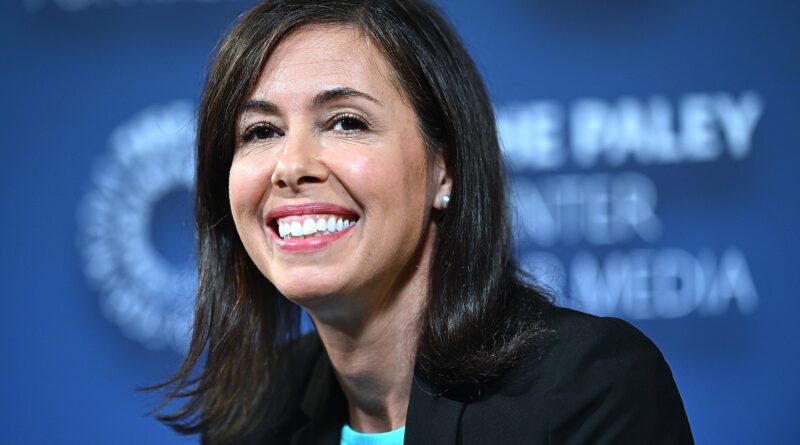FCC has finally redefined which internet speeds are ‘broadband’

Do you remember Ajit Pai? The former FCC Chairman handpicked by then-president Donald Trump? You know, the one who was infamous for drinking out of a giant Reese’s coffee mug and…oh yeah, killing net neutrality?
In 2021, when he was on the way out of the agency, Pai declared that a paltry 25 megabits per second (mbps) minimum speed requirement for broadband in the U.S. was more than enough for Americans.
Now, just 3 years, one new U.S. President, and a new Chairman of the FCC later…the FCC is finally redefining what speeds classify as “broadband.”
According to the FCC in a statement released on Thursday, the broadband speed benchmark has now quadrupled from 25mbps to 100mbps. As The Verge pointed out, that new benchmark is what current FCC Chairwoman Jessica Rosenworcel wanted to set as the standard nine years ago in 2015.
“This fix is overdue,” Rosenworcel said in a statement. “It aligns us with pandemic legislation like the Bipartisan Infrastructure Law and the work of our colleagues at other agencies. It also helps us better identify the extent to which low-income neighborhoods and rural communities are underserved.”
That’s a major part as to why it’s so important that the FCC updated what’s defined as broadband. The FCC report helps determine how the U.S. is doing when it comes to internet access. If parts of the country aren’t adequately hitting these FCC benchmarks, they can potentially get funding from the government to help better connect the people living in those areas. As the FCC notes, as of 2024, 24 million Americans are without “fixed terrestrial broadband service.” This includes 28 percent of rural America.
And President Joe Biden’s FCC Commissioner isn’t stopping at 100mbps either.
“Because doing big things is in our DNA, we also adopt a long-term goal of 1 Gigabit down and 500 Megabits up,” she continued in her statement. “Our goal is to connect everyone, everywhere to high-speed broadband.”
Obviously, there is still lots of work to be done when it comes to decent internet accessibility in the U.S. (Two Republican FCC Commissioners dissented in the vote to change this broadband benchmark.) But after the damage caused by the FCC under the last administration, it seems like things are finally headed in the right direction.



